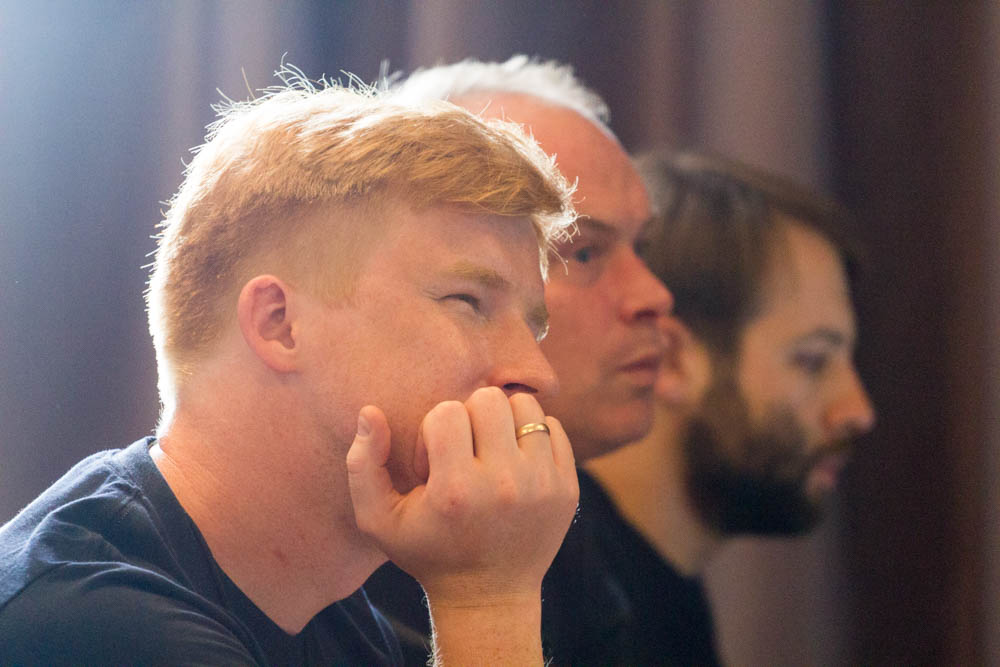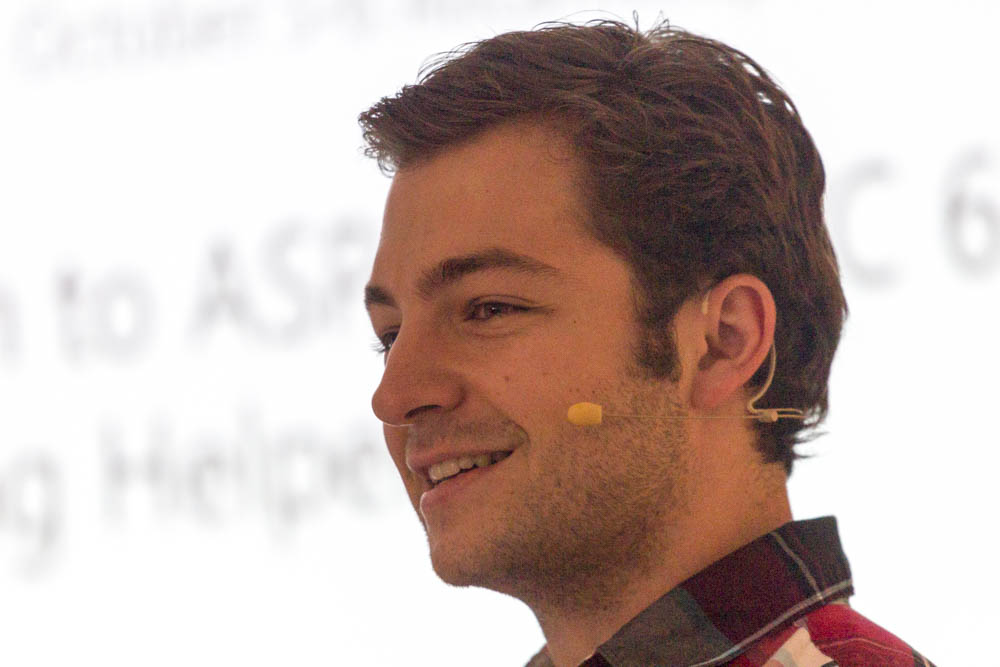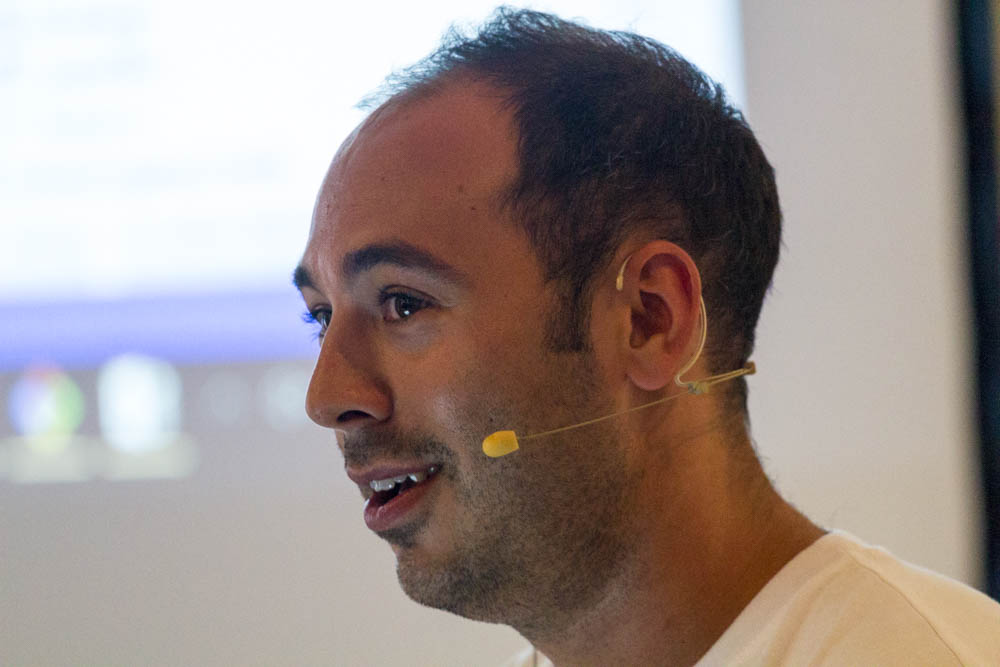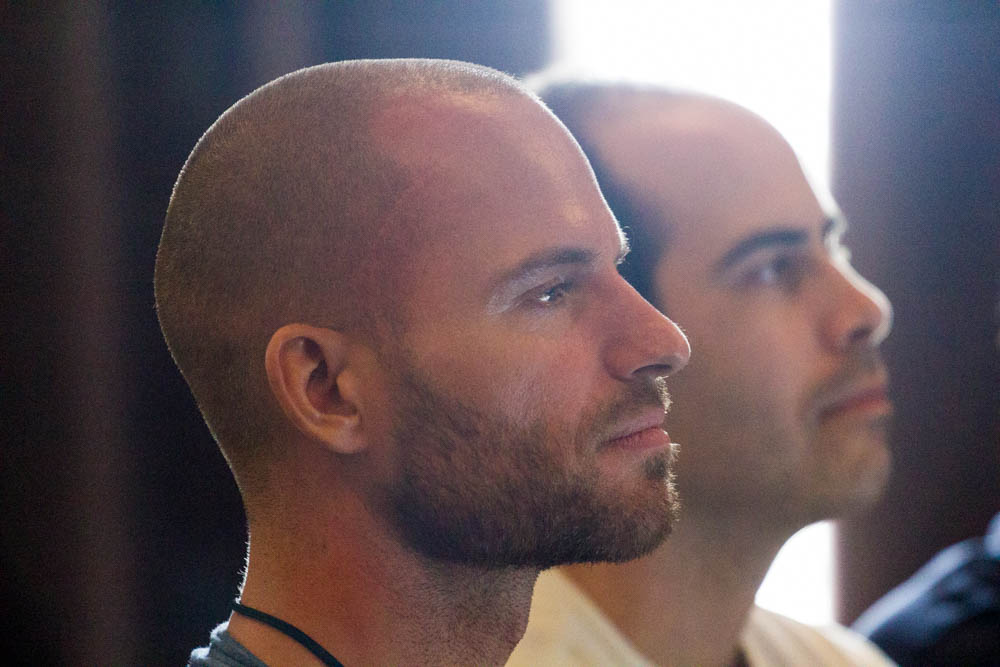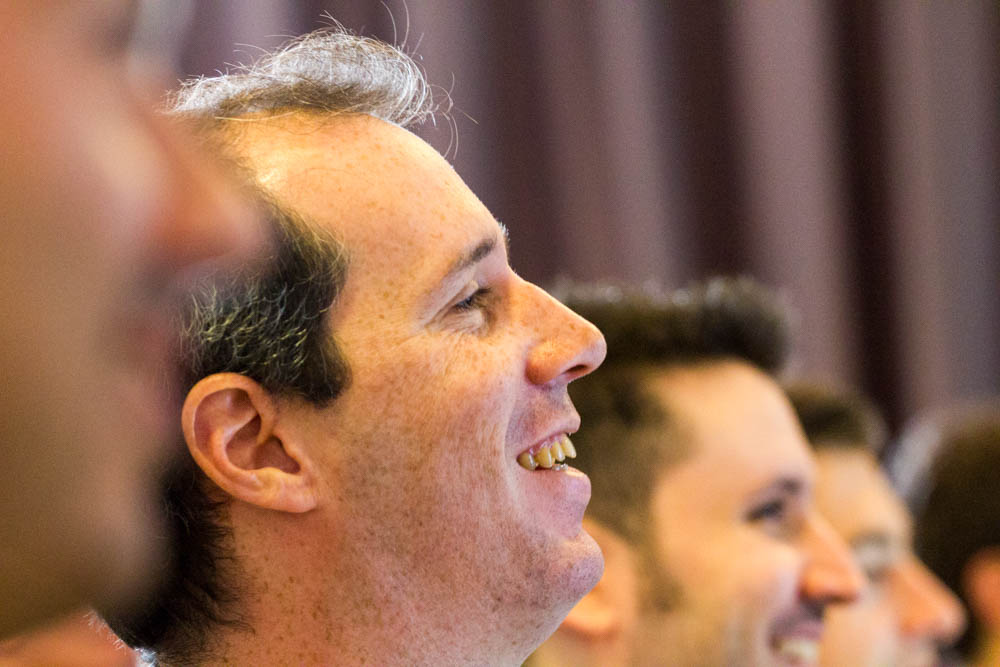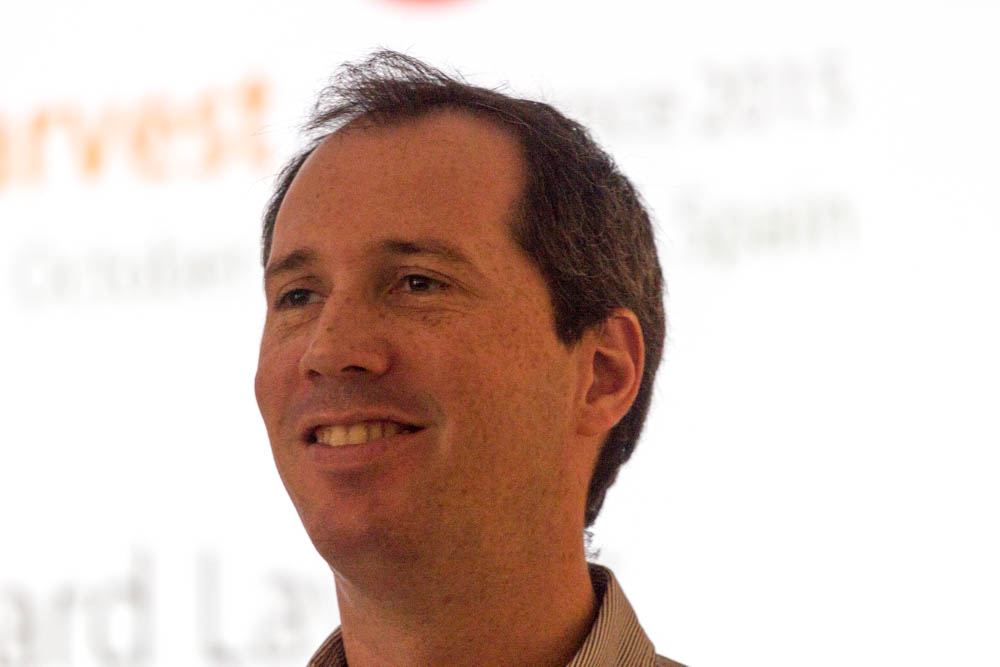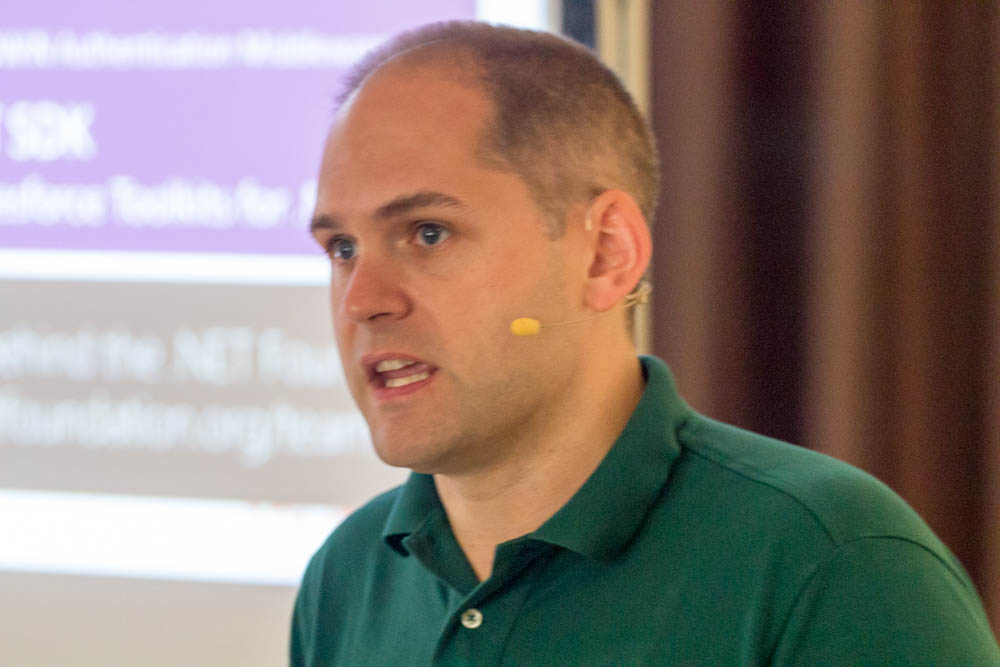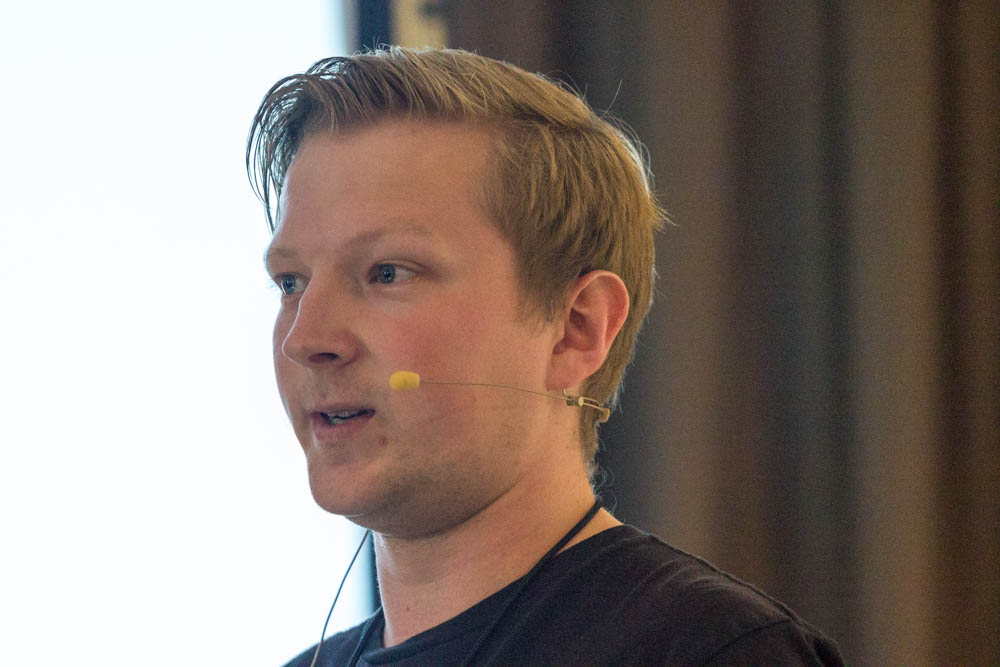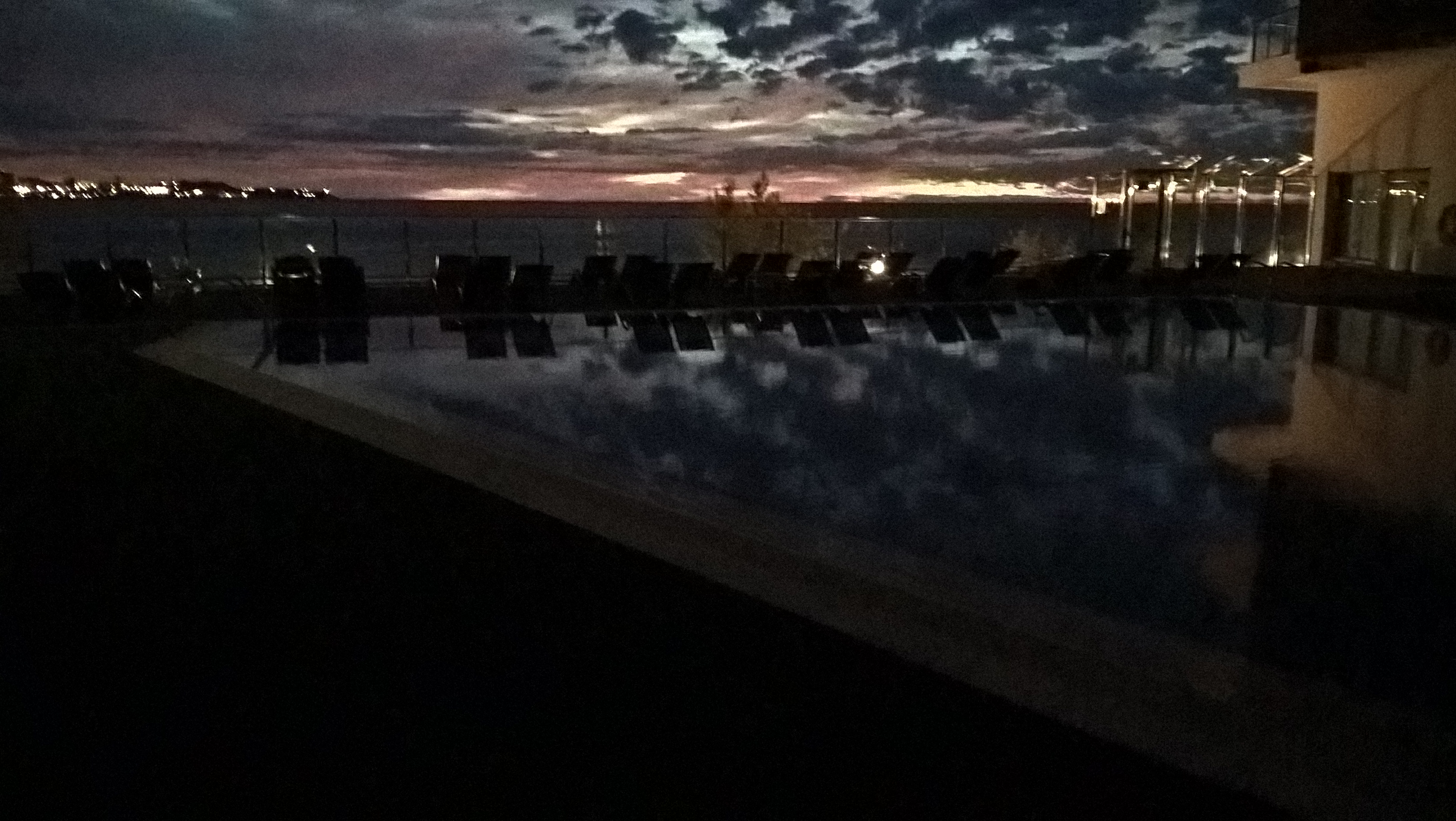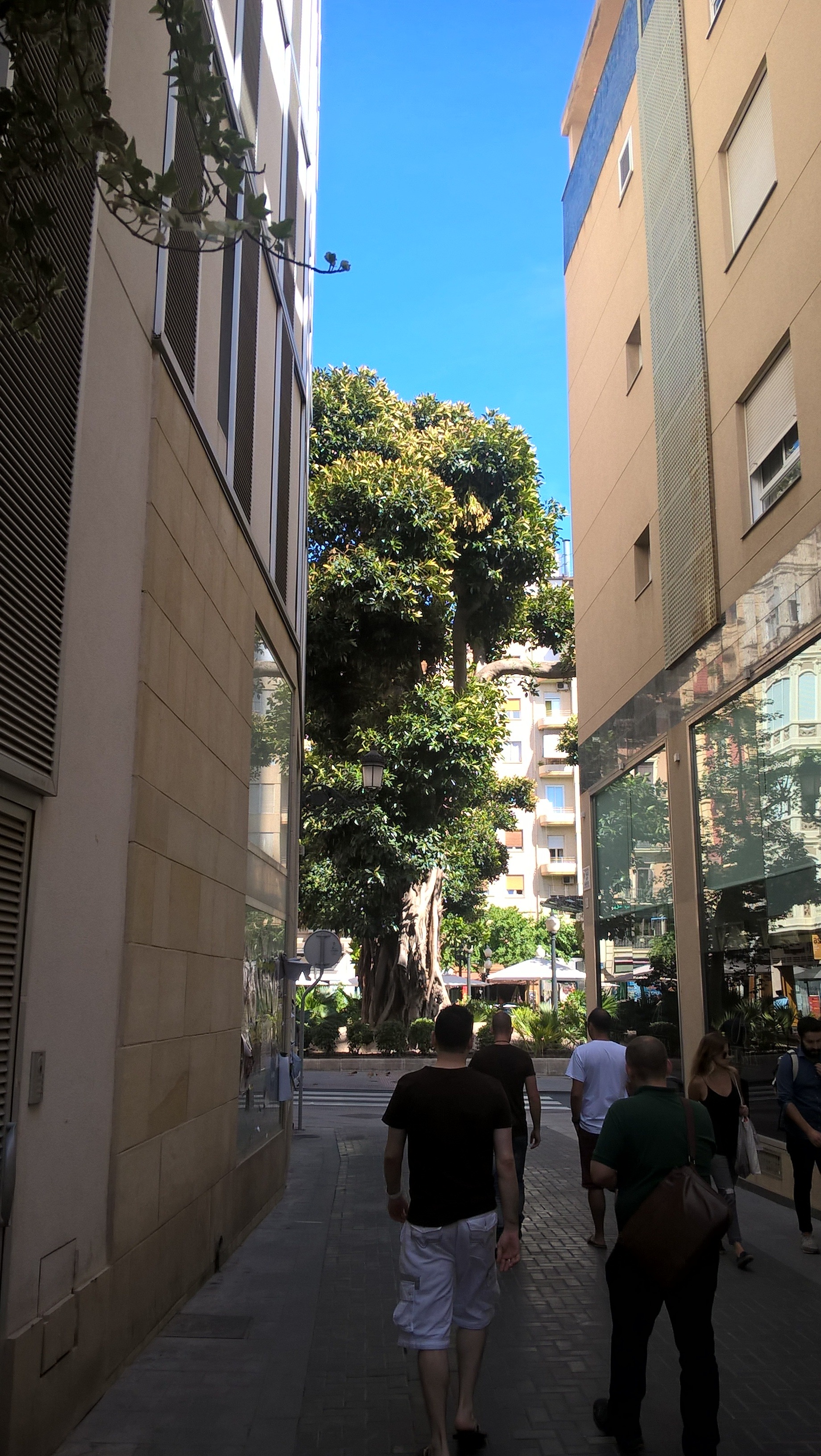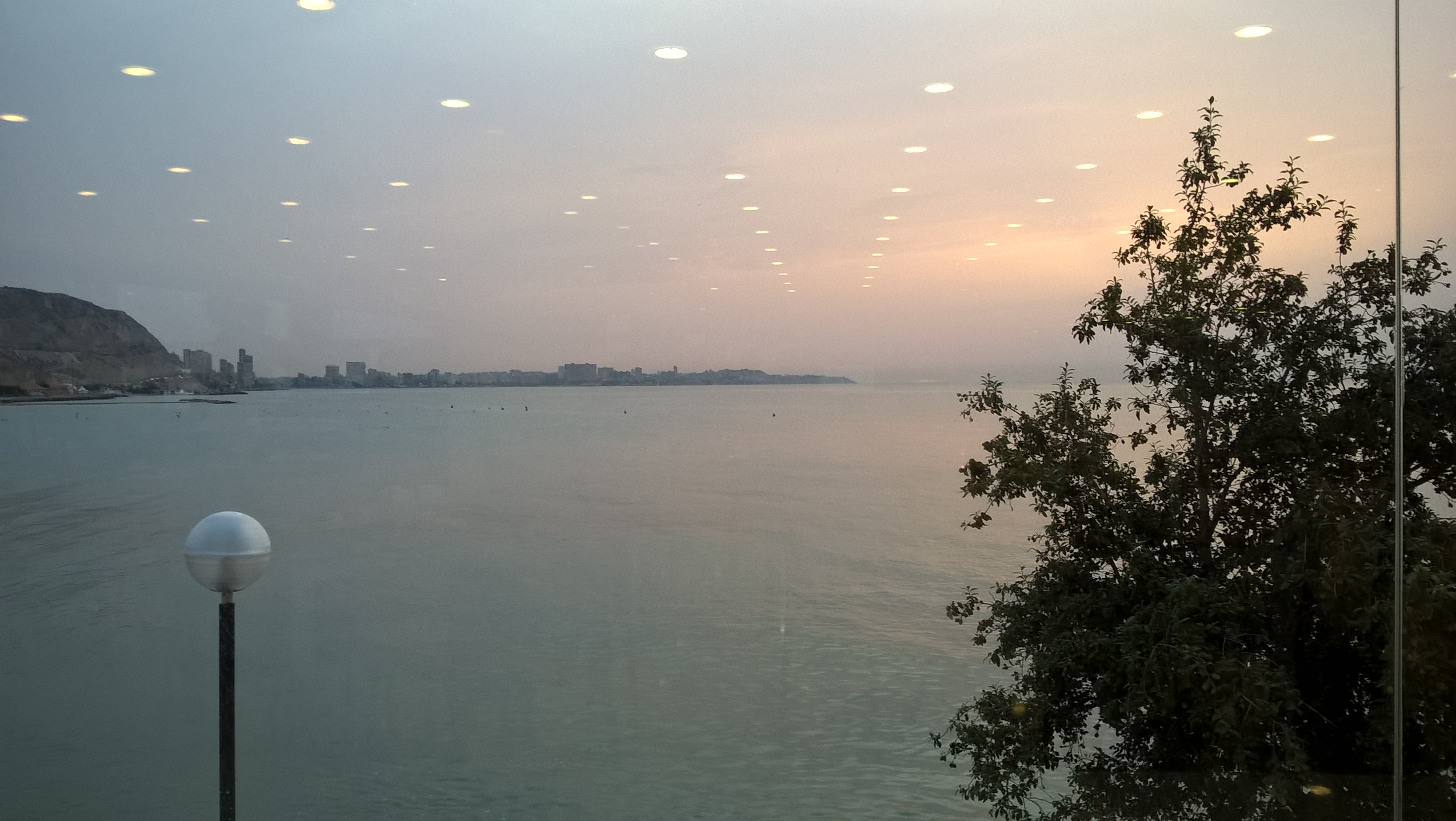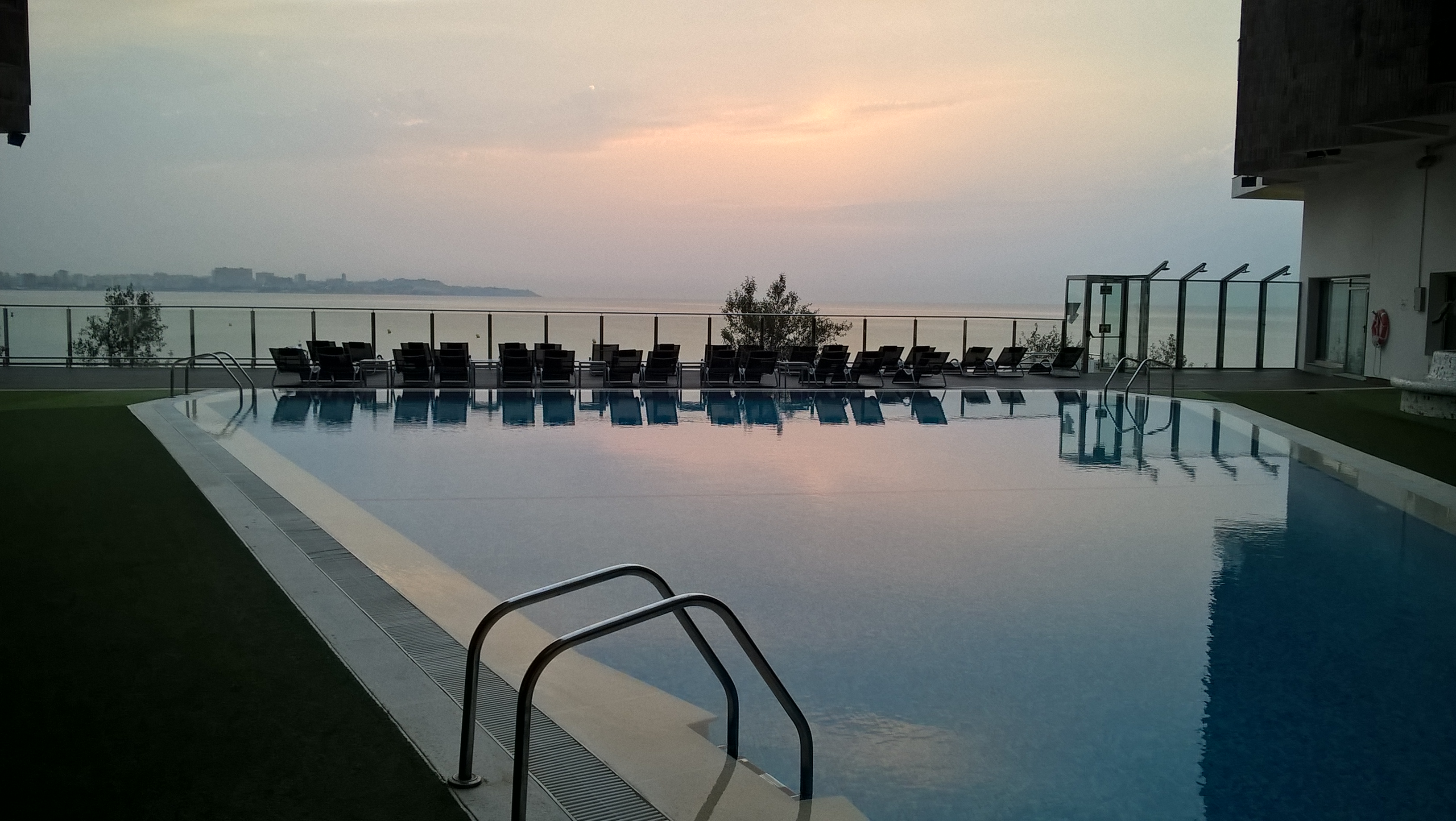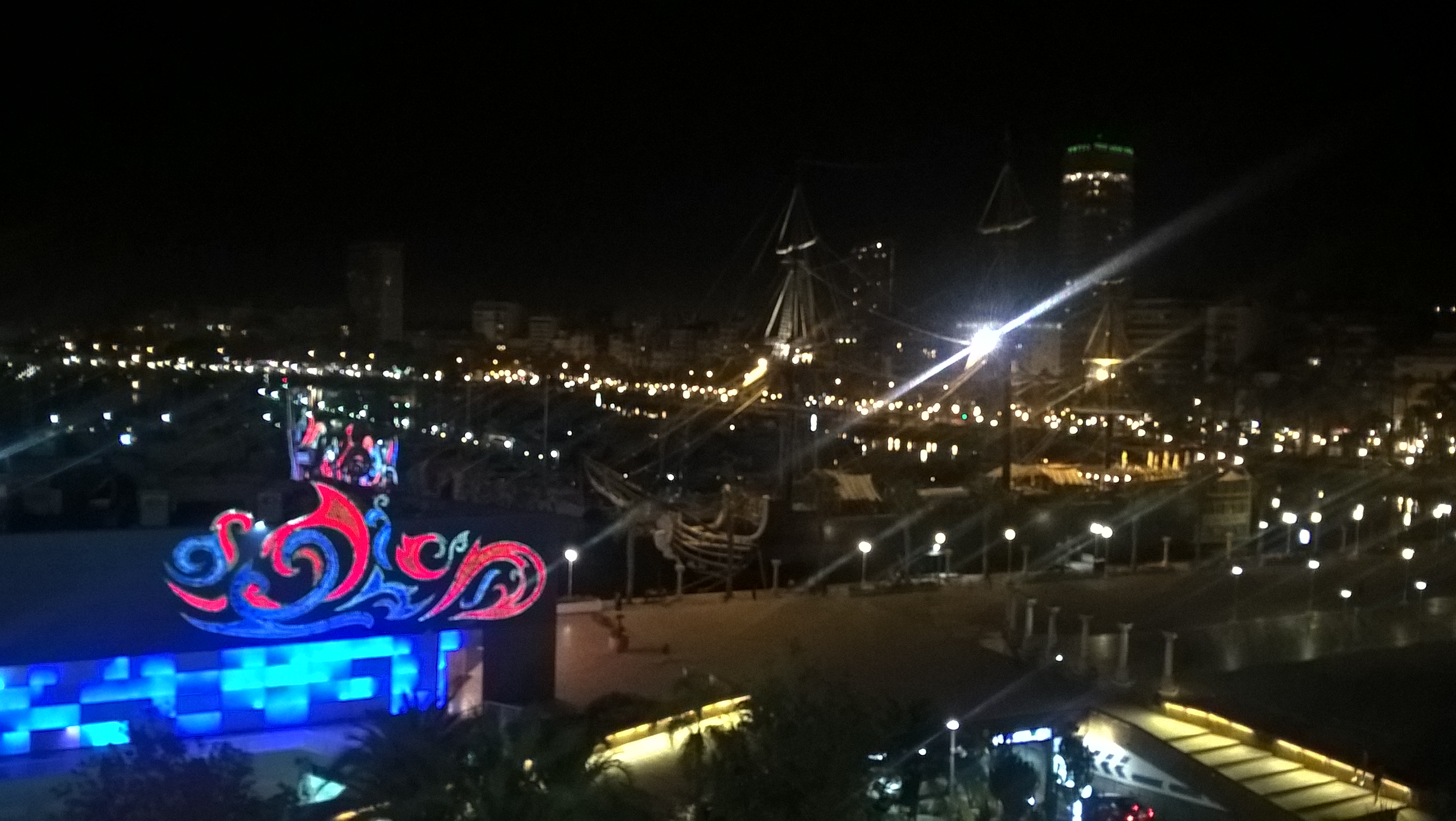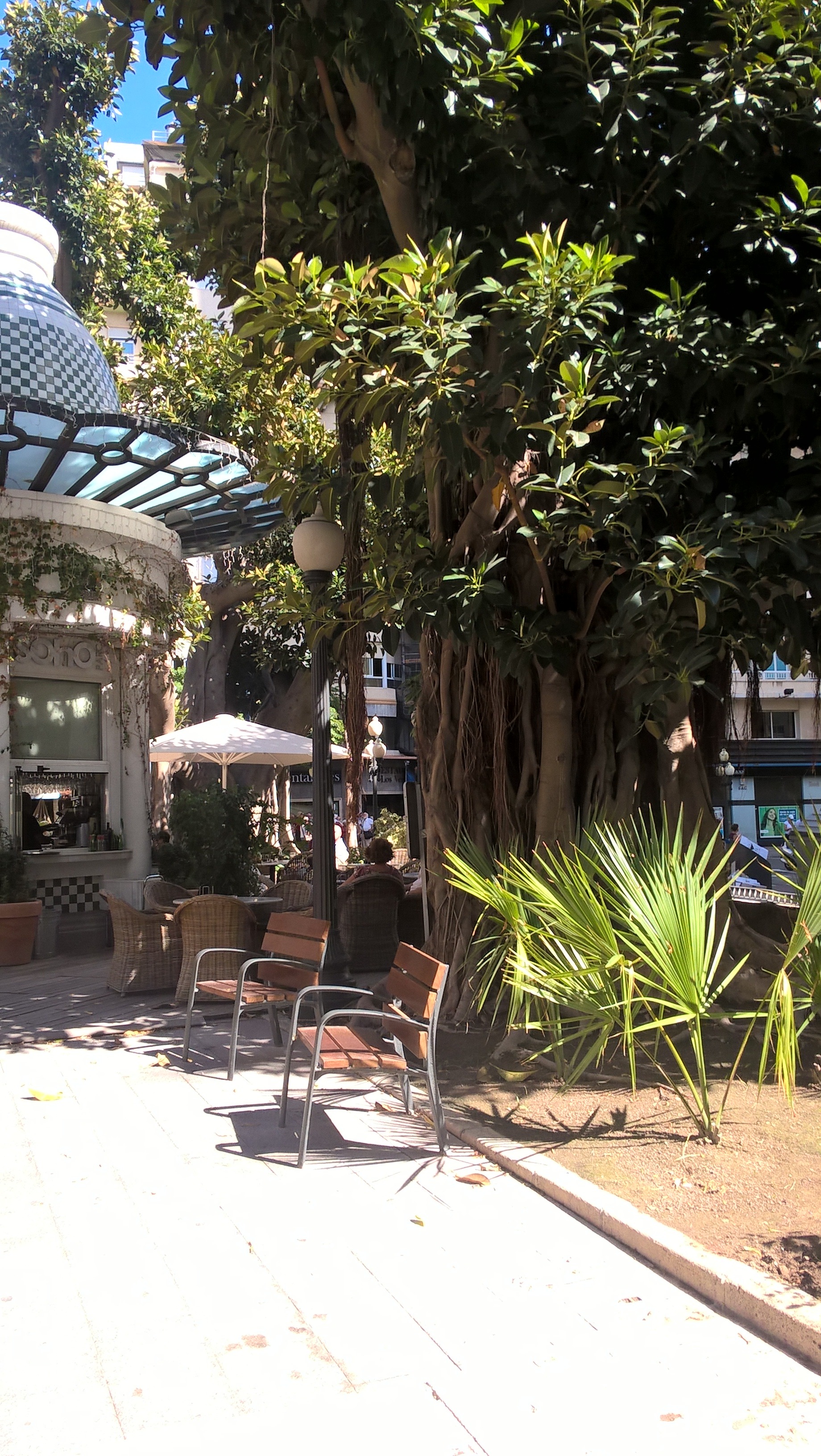Orchard Harvest 2015 – Trip Report
 It is customary when returning from a conference that we write a trip report and send it to the team. In the spirit of openness that surrounds all things Orchard, I’ve decided that I’d write the trip report for this year’s Orchard Harvest as a public blog post… So here it is…
It is customary when returning from a conference that we write a trip report and send it to the team. In the spirit of openness that surrounds all things Orchard, I’ve decided that I’d write the trip report for this year’s Orchard Harvest as a public blog post… So here it is…
This year’s edition of the conference was the fourth Orchard conference. Harvest is a relatively small, single track conference, with about 60 attendees, and 12 sessions given by 11 speakers over two days. All the talks are professionally recorded, and make their way to YouTube a few weeks after the event.
The conference alternates locations between the US and Europe. This year’s conference was held in Alicante, Spain. This was a very pleasant location, with clement weather, and lovely sunrises over the sea. Because the conference happened off-season, the city wasn’t crowded, and everything was very inexpensive. The nightlife in Alicante is what you’d expect from a Mediterranean city. The food is amazing, too. Tapas rule. This is important, because especially for smaller conferences, the main reason to go isn’t the sessions: it’s the networking.
The audience for Harvest conferences is composed of core contributors, web agencies, and independent software vendors building on and for Orchard. It’s a crowd that is very personally invested in the success of the platform, wants to see it progress, and wants to exchange and collaborate.
During one of my sessions, I asked who had chosen Orchard because it’s running on .NET, and almost everybody in the audience raised their hands, so this crowd is definitely not only attached to Orchard, but also to .NET and C# in general. This is a platform that they love, and that they want to work with it if they get to choose.
The sessions made it clear that Orchard is now firmly in the hands of the community, not just by its open governance model, but also by contributions. Although it started as a Microsoft project, its future is now what the community will make of it. There was a question during the panel session about more Microsoft resources devoted to the project in the future (Sébastien Ros is working more or less full-time on Orchard), and more specifically if I would be spending some Microsoft time on it now that I’m back working for the Evil Empire. That was interesting in that at this point, it would really be a nice to have, and something that the community would really appreciate, without fear of unwanted intervention on governance. From this and various conversations I’ve had after the sessions, it seemed clear that the perception of Microsoft with regards to open source has really shifted from being slightly threatening and suspect, to being an appreciated contributor to the ecosystem. To be fair, Microsoft has never been a boogeyman to this particular community, but there seems to be no concerns whatsoever today about this. Let me know in comments if I’m misinterpreting that one.
The sessions were all very interesting, and could be classified under three categories: Orchard features and extensions now and in the future, external topics of interest to Orchard users, and case studies.
In the features and extensions category, we had:
- The CMS of the future, where Nick and I talked about the core principles that made Orchard successful as the CMS of the future of 5 years ago, and how those same principles still apply today as we are designing the CMS of today’s future, Orchard 2.0.
- VNext, where Nick followed up on the keynote to show exactly what Orchard 2.0 is shaping up to be.
- Layouts, where Sipke gave an in-depth look at the coolest new Orchard feature, which lets site administrators create richly laid-out contents from the admin dashboard. As often, extensibility is key.
- Forms, which could be considered the second part of Sipke’s first talk, showed how to use layouts to create elaborate end-user-facing forms.
- Search API, where Sébastien showed how to build faceted search with Lucene, something that very few of us knew was possible with Orchard.
- Telemetry with Glimpse, where Chris Payne showed the great work he’s done to leverage Glimpse (a Firebug-like tool for the server side) in Orchard to instrument, debug, and monitor applications. The creators of Glimpse (who were recently hired by Microsoft) have expressed great interest in this session, although they were not present at the conference.
External topics of interest:
- .NET Foundation, Future of .NET and C#, where Martin Woodward gave lots of little details about the foundation, how it helps Orchard, and how Orchard is helping it (the foundation’s site is built on Orchard); then I talked about .NET Framework and .NET Core, its design process, and finished with an overview of C# 6 and possible C# 7 features. Most of the audience was familiar with C# 6 features but didn’t mind the reminder. C# 7 has only been shown in user groups and in front of similar smaller audiences, so this was a nice look into the future of the language for almost everyone (even Taylor learned a couple of things). Thanks to Mads Torgersen for providing much of the contents for this session.
- ASP.NET MVC 6 Tag Helpers, where Taylor Mullen showed not only what an amazing speaker he is, but also how the next version of ASP.NET MVC is going to add great features that are going to be deliciously useful in Orchard. Tag helpers are an inspired, fun, and well-designed feature.
In case studies, we had:
- Theming at Onestop, where Jorge explained how his company has challenged some previously held assumptions about how best to scale new site development, thus reducing the time to put a site online greatly.
- NFL Player Association, where a single Orchard application was built to replace several legacy projects.
I live-blogged all the sessions in details, except for the Q&A panel session: https://weblogs.asp.net/bleroy/Tags/Harvest
I’m really glad I attended the conference once more this year. I particularly appreciated how the scale of the conference is perfectly facilitating human contact and fruitful discussions. I saw how one of my projects, my commerce module, has become a crucial building block to quite a few users, which convinced me to spend a little more time keeping it alive and up-to-date, and maybe merging some of the forks people have created, back into the main repository. I know that it was the same kind of experience for others, and that lots of discussions morphed into business relationships.
The conference is funded by Azure, XK Project (our hosts for this year, thanks a lot to them for being instrumental in the organization of this event), Lombiq, and Colegio Oficial de Ingenieros en Informática de la Comunidad Valenciana, but also by tickets ($90 for two days, free for students). The extra money will be used to fund local community events, with the collaboration of the .NET Foundation.
Here are some photos from the event:
UPDATE: I'm adding the video for our Q&A Panel session here.
